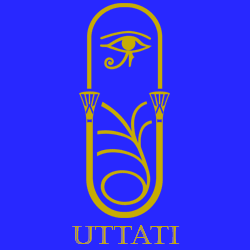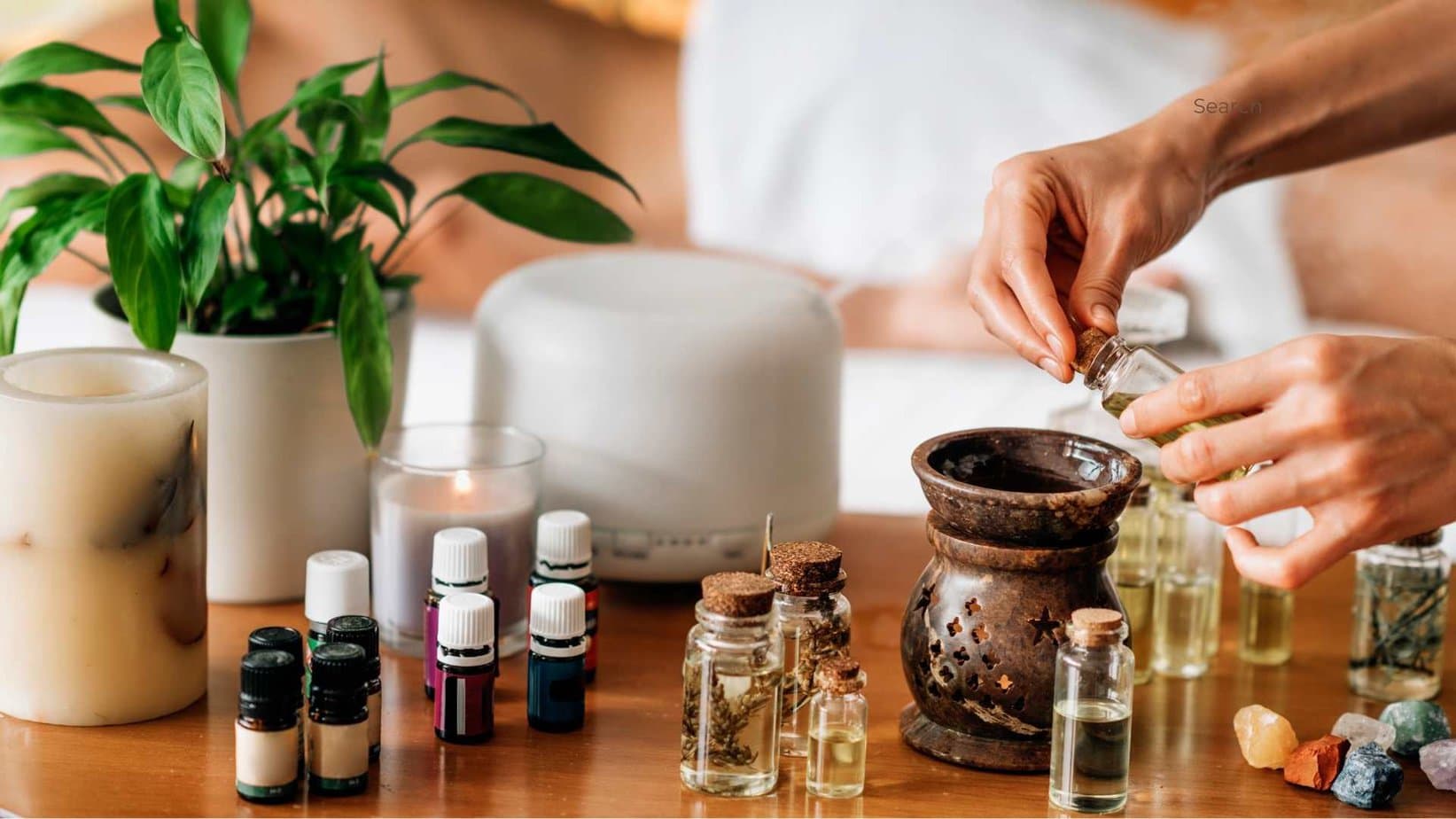AROMATHERAPY vs. HERBALISM: Know The Difference
Aromatherapy vs. Herbalism: Ancient Egyptian Beliefs on the Power of Plants
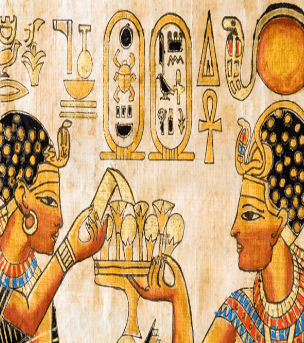
Aromatherapy vs. Herbalism: Egyptian herbalism started about 3500 BC. Each herb was related, sometimes individually and sometimes in groups, to a deity. By consuming a certain plant material, it was thought, one actually consumed the body of the god in its trans-informed state. The fact that a plant was aromatic indicated that it was the abode of a deity. The perfume indicated that the plant was of a higher quality and more evolved than other plants. If a plant was aromatic, that meant it had spiritual energy. Other plants contained a life force, yes, but they were not as evolved.
Aromatherapy vs. Herbalism: Osiris Was The God Of Vegetation
According to ancient Egyptian beliefs, Osiris was the god of vegetation. Related to the moon and skilled in the knowledge of plants, he was a great agricultural authority. He reportedly taught humans the cultivation of the vine and was the first god to make wine. Wine was found to have medicinal effects and to promote the extraction of these therapeutic assets from herbs. The followers of Osiris believed that eating plants and drinking wine maintained their life and, because they ate the body of their god, they became one with him and like him lived forever.
With Osiris, there was Isis, mother goddess. She was supposed to have a great knowledge of herbs. In the Ebers Papyrus (the most important medical papyrus), many prayers addressed to Isis were recorded.
For example, “May Isis heal me as she healed Horus of all the wounds which his brother Set, who slew his father Osiris, inflicted upon him. Oh Isis, thou great magician, heal me and deliver me from all bad evil and typhonic things, from every kind of fatal sickness and from diseases caused by devils, and from impurities of every kind.”
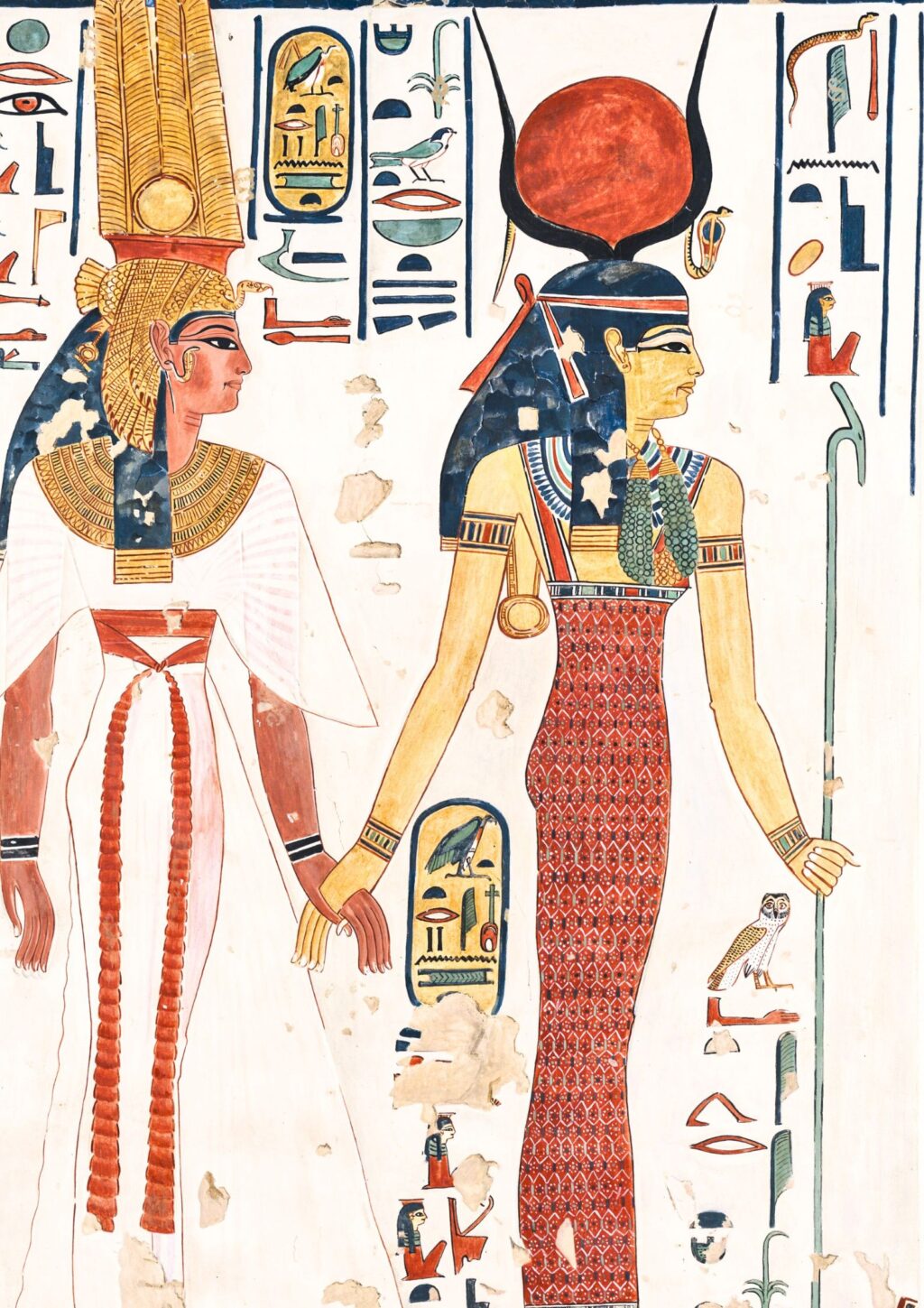
Isis Had Knowledge Of Poisonous Herbs
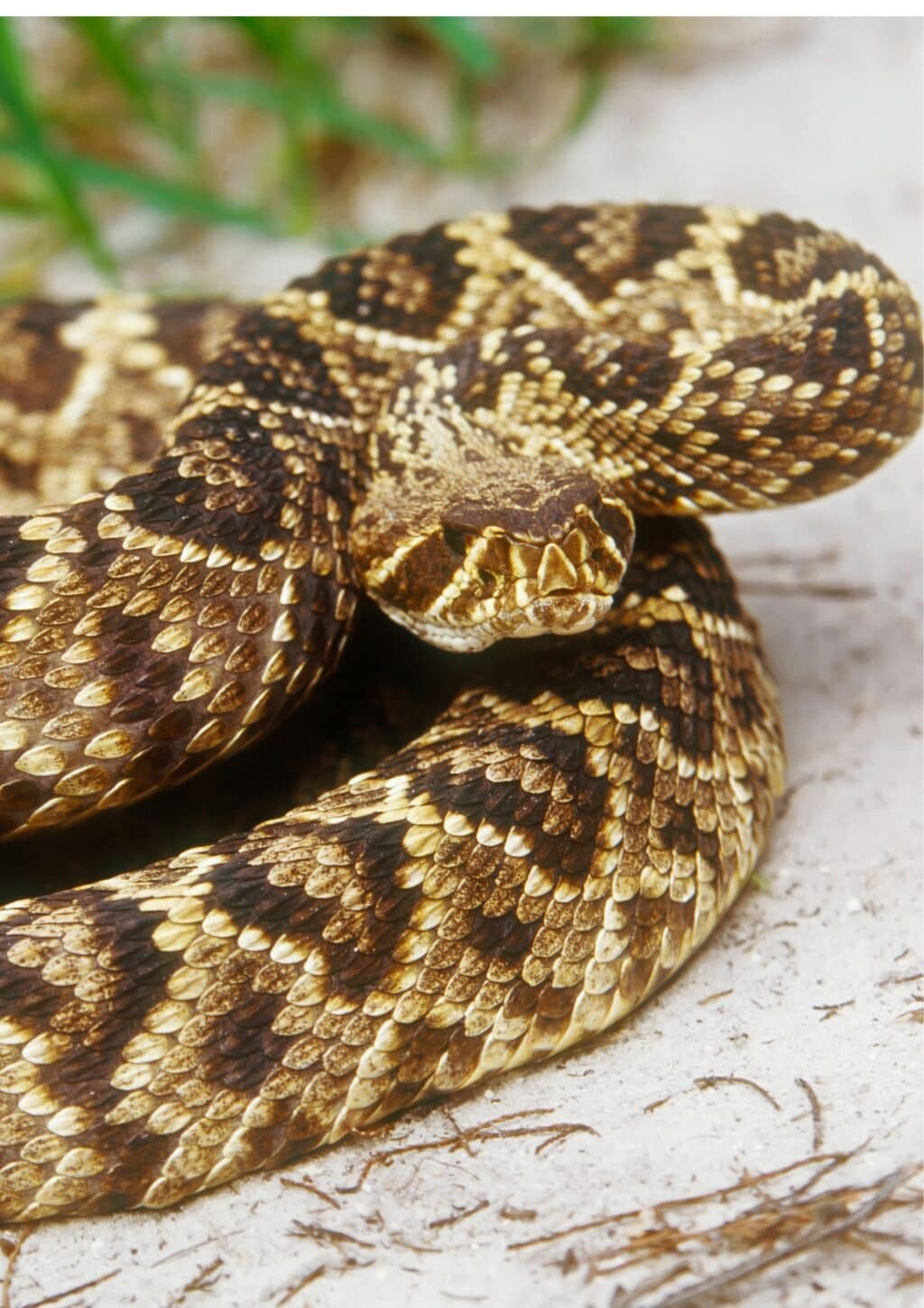
Aromatherapy vs. Herbalism: Isis also had knowledge of poisonous herbs and the harmful effects of plants. If one keeps in mind the symbolism of the following story as an allegory or metaphor, it can be very illuminating. “Isis made a serpent and set it by the side of the road where Ra (the god of the sun) traveled daily. As Ra passed by, the snake bit him. The poison was so deadly and powerful that he became weakened almost unto death. Isis had the power to heal him with an antidote that she had already created. But wanting more knowledge and power, she created the serpent so that Ra would beg for her help. She could then extract from him his secret name, a name of great strength and the secret to all his power and knowledge.”.
Aromatherapy vs. Herbalism
Aromatherapy Herbalism : I would like to introduce the concept that aromatherapy is a totally different field from herbalism. Even in the very beginning of the Egyptian medical system, herbal medicines were separated from essential oils.
We have mentioned that the ancient Egyptians believed that consuming an aromatic plant was the same as consuming the power of a deity, something with spiritual power. They also believed it was important to dehydrate the plant. By getting rid of the water in a plant, they believed, they were eliminating the element of decay. They believed water weakened, or diluted, the spiritual power of the plant. ar dapibus leo.
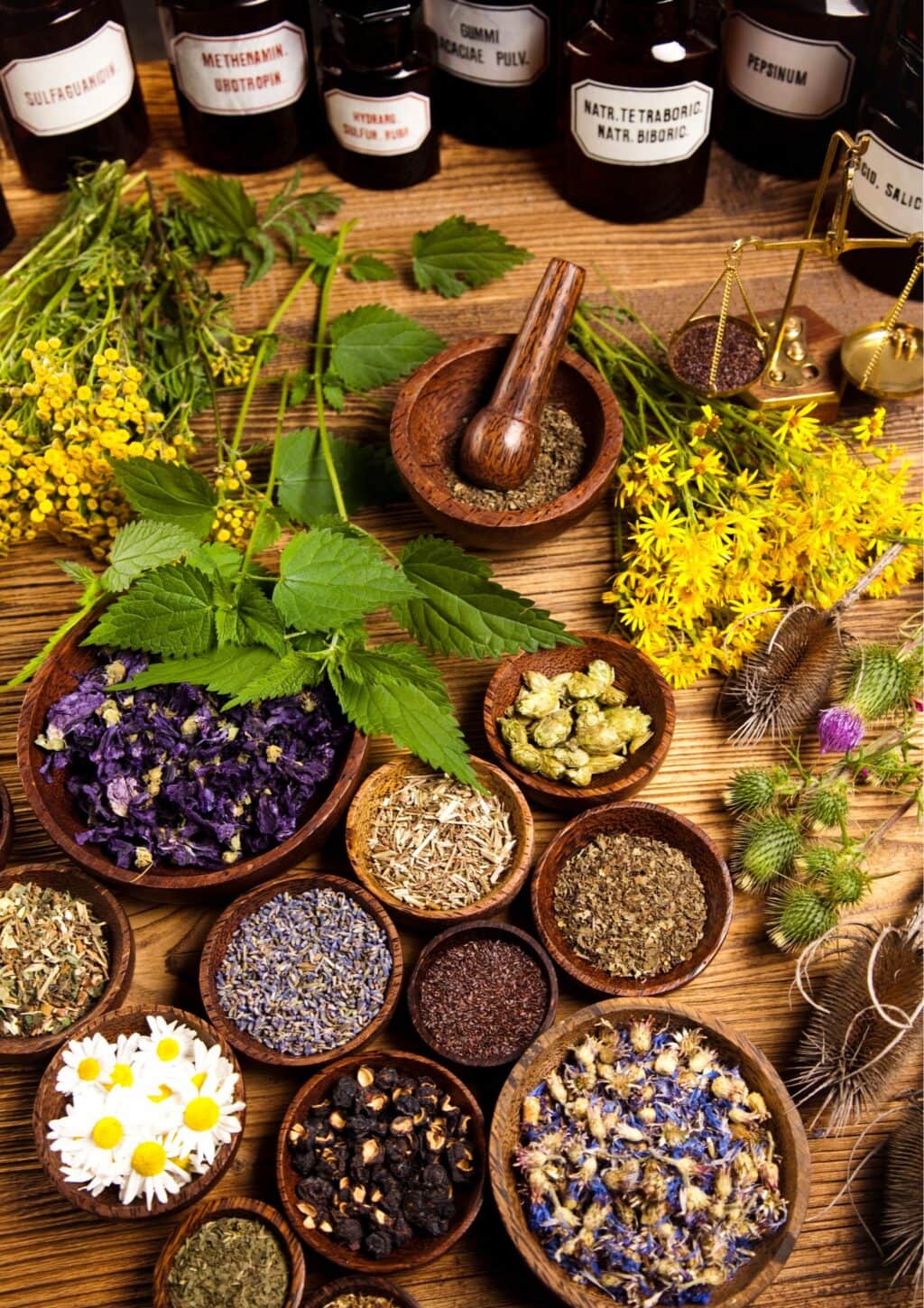
Egyptians Believed Whatever Smelled Had Life Force
Aromatherapy vs. Herbalism: The Egyptians believed that life started from the nose. Whatever smelled had life force. Therefore, fragrance was related to divine power. As the dehydrated herb was significantly more aromatic than the fresh herb, it was richer in spiritual power.The dried herb, however, was merely an intermediate state. Although its spiritual power was greater than that of the fresh herb, it was not at its fullest strength. There was still a lot of matter, such as fiber and organic material, left in the herb.
When they found that the plants gave the animal fat their spirit (essential oil), the Egyptians discovered the first way to extract essential oils. This allowed them to begin experimenting with essential oils and to understand their full power. Their discoveries were way beyond herbalism – a new frontier. So, the ancient Egyptians began practicing enfleurage and using essential oils medicinally. We don’t know when or how they discovered that if they mixed the fat with wine, the oils separated from the fat and entered the wine in a purer and stronger form. We will go into this in greater depth in a future article.
A basic concept to keep in mind is that the effects of an herb differ from those of an oil simply because of their varying concentrations. For example:
- Our digestive systems process fresh herbs that we consume. Their content of essential oils could be considered to be a power of I.
- When the herb is dry, there is a higher ratio of essential oil to plant material. This gives it approximately a power of 25.
- The pure essential oil has a power equivalent to 1,000.
Aromatherapy vs. Herbalism: Herbs vs. Oils in their Effects on the Body
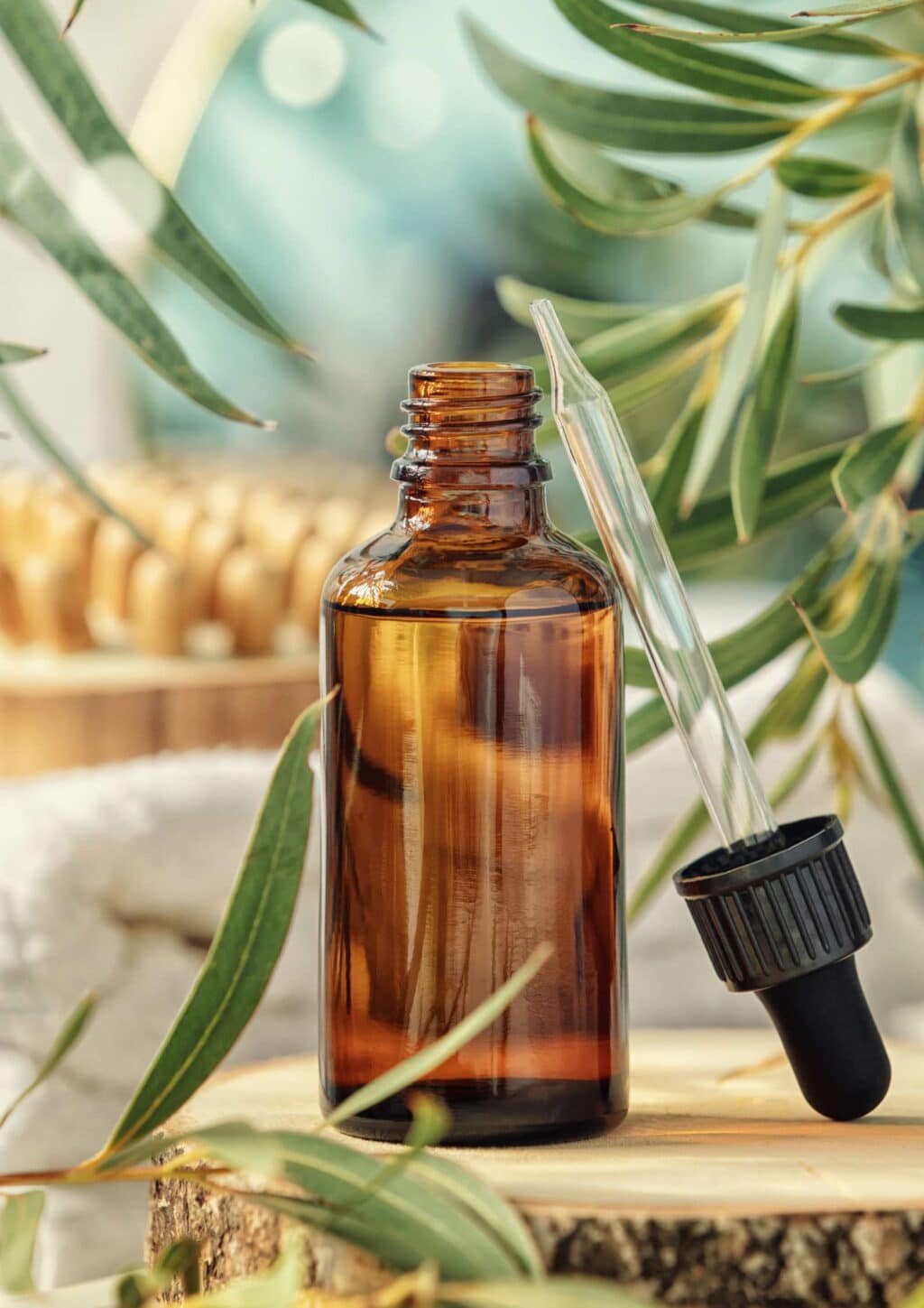
Herbs and essential oils affect the body differently. Each level of concentration works in the body in a different way. A fresh herb is easier to digest. The body can easily handle its essential oil because it is more soluble. By contrast, the dried herb is twenty-five times stronger in its essential oil concentration. Its effects are more complex, that is why we use less. The pure essential oil cannot be digested in our body. Instead, it interacts negatively with the body’s mucus membranes, stomach lining, and acidic juices.
The information that is available to us on herbalism is insufficient to describe the medicinal effects of essential oils. Such books as Gerard’s Herbal give general information but are incomplete. They are not specific enough. They simply list facts such as, “It tones the heart.” The information does not explain the role of fragrance or the cause of the psychological effect of the oil. Aromatherapy vs. Herbalism: The way in which the scent of an essential oil affects the body is totally different from the way material herbs do (even in the form of tinctures and infused teas.)
The body is not chaotic. When essential oils are applied to the skin, they do not simply enter the bloodstream. Instead, a very sophisticated process takes place in the body. While herbs affect the body, primarily through the digestive system on the denser aspects aromatherapy works on the nervous system or the subtler aspects.
The Aromatic Thymes
The practice of aromatherapy requires knowledge of essential oils and body chemistry, the hormonal system, how the brain and nervous system work, and what each of the body’s chemicals do. Many people think that essential oils simply enter the bloodstream and travel to the body’s cells to act. This is not how aromatherapy works. Instead, it works through inhalation. By smelling, you activate your brain’s limbic system. The brain starts to release special substances, called gonadatropic hormones, into your system. Only the cells in the parts of the body that need these oils are affected.
I would like to propose that aromatherapy has more powerful and far-reaching therapeutic effects than herbalism. To truly understand aromatherapy, is to understand the effects of the sense of smell and scent on the different parts of the nervous system. In aromatherapy, you need to know a lot simply because essential oils are so much more powerful in their effects than herbs. We have a responsibility for the safety of our clients, and some effects of these oils could be irreversible.
Aromatherapy vs. Herbalism: Mixing vs. Blending
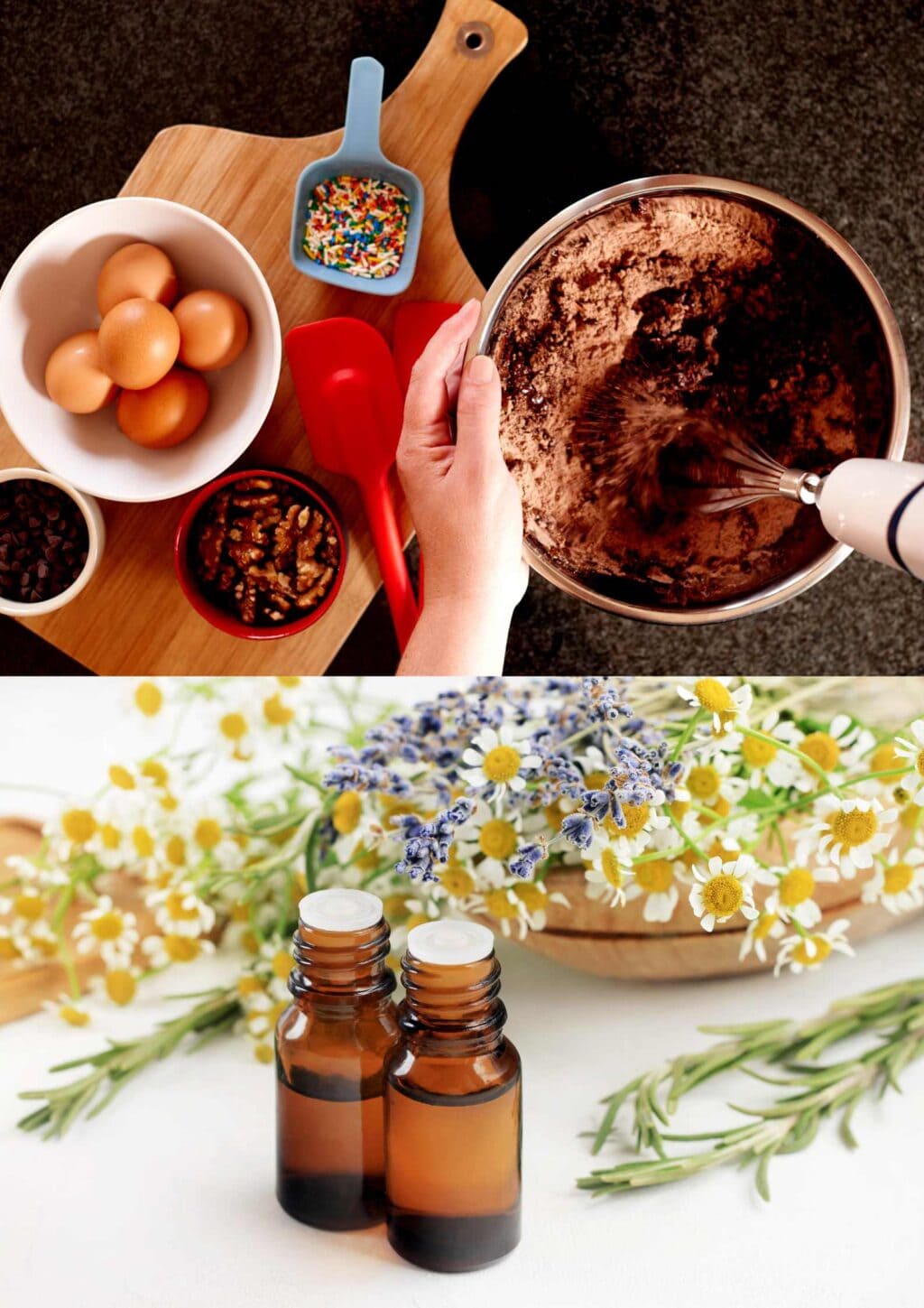
The mixing of the plant materials herbs is like mixing a salad. The plants coexist but they don’t blend. They do not interact chemically. When I prepare a mixture of herbs, I use several ingredients. The chemical components of each herb remain within that plant, totally separate from those of other herbs (tinctures and infused teas, however, involve some chemical reactions).
When I blend essential oils, the situation is quite different. There is true chemical interaction between the different components within each oil. There are ten groups of chemicals in general. When we blend them, a lot of changes occur.
For the herbalist, when mixing herbs, A+B=AB. The properties of each herb will stay the same. Parsley and sage will remain parsley and sage. In the case of the perfumer or aromatherapist blending essential oils, A + B does not = AB. Rather, the combination causes a whole new structure, containing at least three different aspects depending on several factors, to occur. The simplest result would be a, b, ab. A little bit of it will be there. Some of the b will be there. But ab will be totally different. (Essential oils by their nature are evolving components. For example, when alcohols are combined with acids, ketones increase.)
When blending A + B + C oils, the result becomes even more complex. A + B + C = a, b, c, ab, bc, ac + abc. This complexity does not even take into consideration the ratio or amount of the three oils used. If A + B + C = ABC, then it would make no difference how many drops of each oil was used. Instead, the ratio is very important because it changes the amount of the chemical constituents of each oil that is available for interaction.
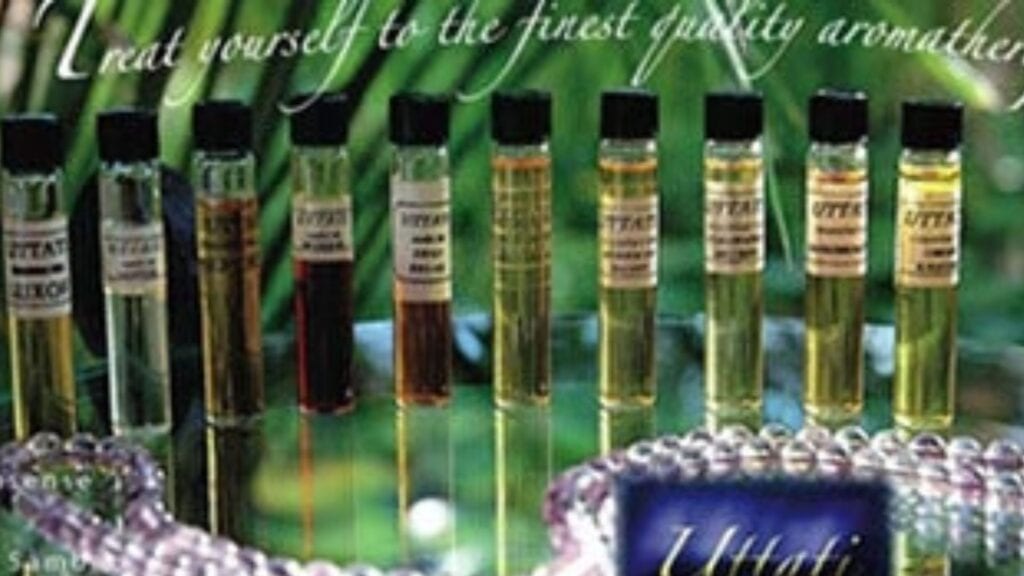
The modern aromatherapist understands blending differently and chooses oils to go into a blend based on the effects of each individual oil. What they don’t realize is that the very act of blending oil A with oil B creates an entirely different product with different chemical and therapeutic properties. The purpose of blending, therefore, is to create something entirely new. If you want the therapeutic properties of the single oils to remain the same, then you must use each one separately, one after another.
Would there be a difference in a result of the blend if you kept the ratios the same but used different quality oils? Of course. The oils themselves contain their own unique ratio of chemical constituents. These differ from oil to oil as a result of geographical origin, species, weather conditions, processing techniques, and other factors. Therefore, changing from one lavender to another will affect the result, even if you keep the ratios of a blend the same.
Aromatherapy vs. Herbalism: Quality Concerns
The quality of the original plant material is not as significant for herbs as it is in the production of essential oils. In the case of essential oils, many factors affect the quality. These include:
- That they contain all the constituents expected if the proper technique is used.
- There are some chemicals that appear in the process of distillation that don’t exist in the plant itself. These are the results of the length of time the plants are distilled and the techniques used. (For example, azulene in chamomile. That only starts to appear after 12 hours of distillation.) Because of this, not every oil that is available on the market is therapeutic. Major constituents may be missing due to the cost of longer distillations.
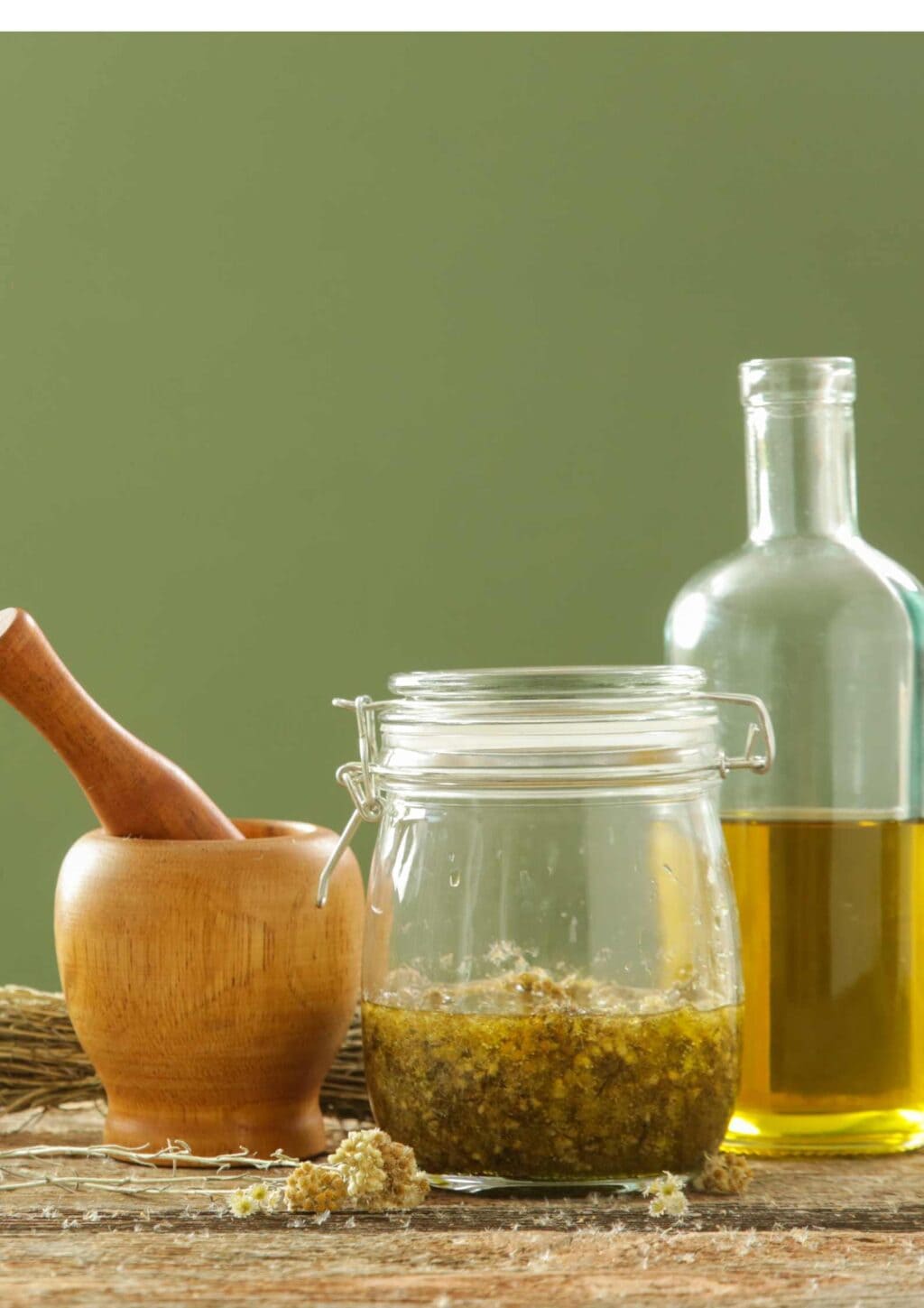
3. Aromatherapists seldom consider that the distillation of the bulk of essential oils is based on use. Essential oils are sold before they are produced. The maker of Wrigley’s Spearmint Gum is looking for strong flavor and is not interes- ted in the same constituents as a perfumer. By the same token, a perfumer who is focused on scent is not interested in the same ratio of constituents as an aromatherapist who wants to use the oil therapeutically. When you buy your oils, are you buying oils that were created for your goals, or are you purchasing excess oils created for another use?
Conclusion
There are many things to consider as we explore the world of aromatherapy. The more we learn, the more fascinating the subject becomes, and the more effectively we can use the wisdom contained within these oils. I shall continue to share the information that I have been able to discover with all who wish to learn.
About The Author

THE AROMATHERAPY HERBALISM- Are they the same?
By Raed Rady
Raed Rady is a Coptic Egyptian from Luxor, Egypt. He is a perfumer in the ancient Egyptian sense. His family has been involved in the production of medicinal herbs and oils for thousands of years. He is a much-sought-after speaker and teacher. He gives lectures and seminars all over the United States at various well-known institutions…he can be reached at (312) 428-5721
